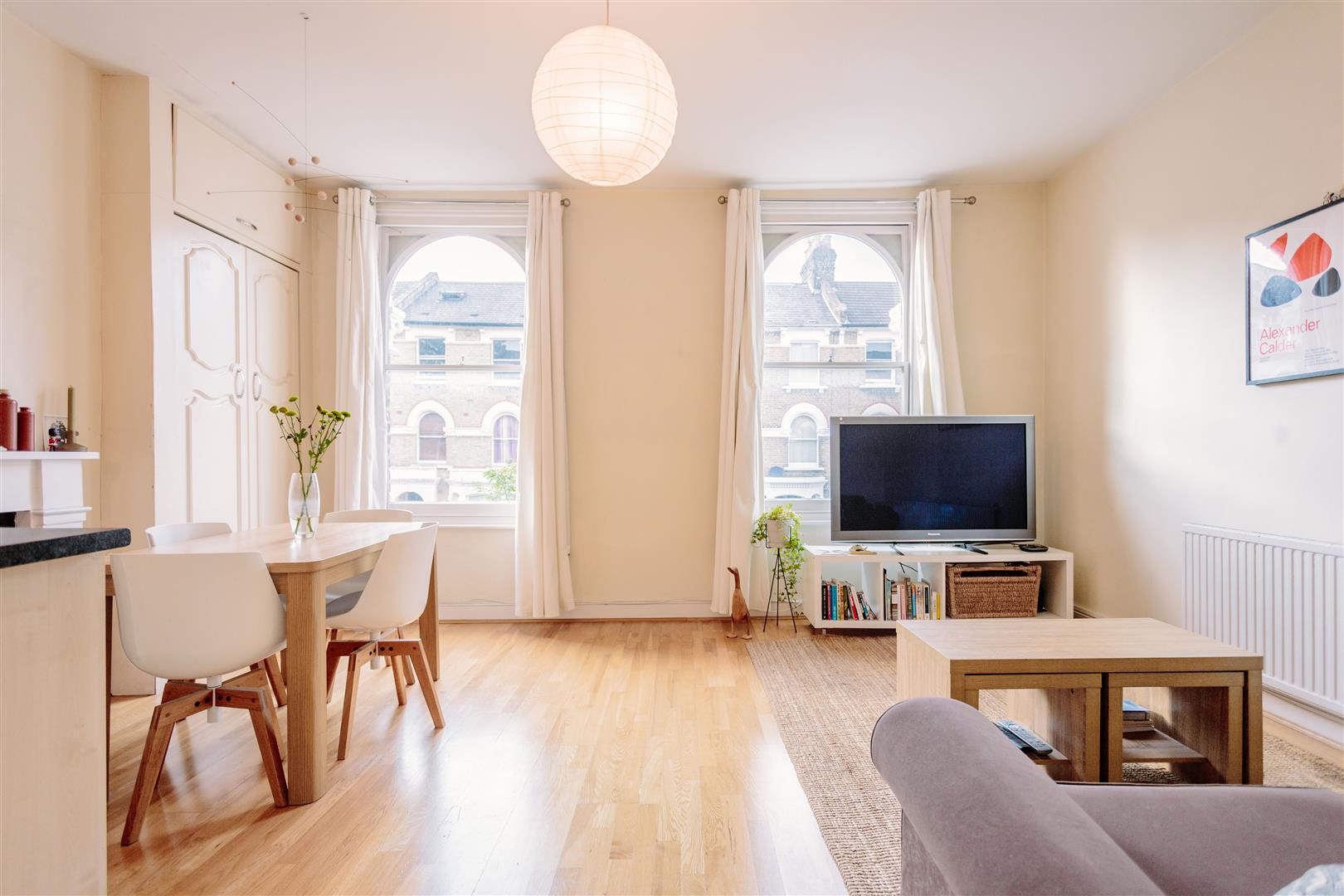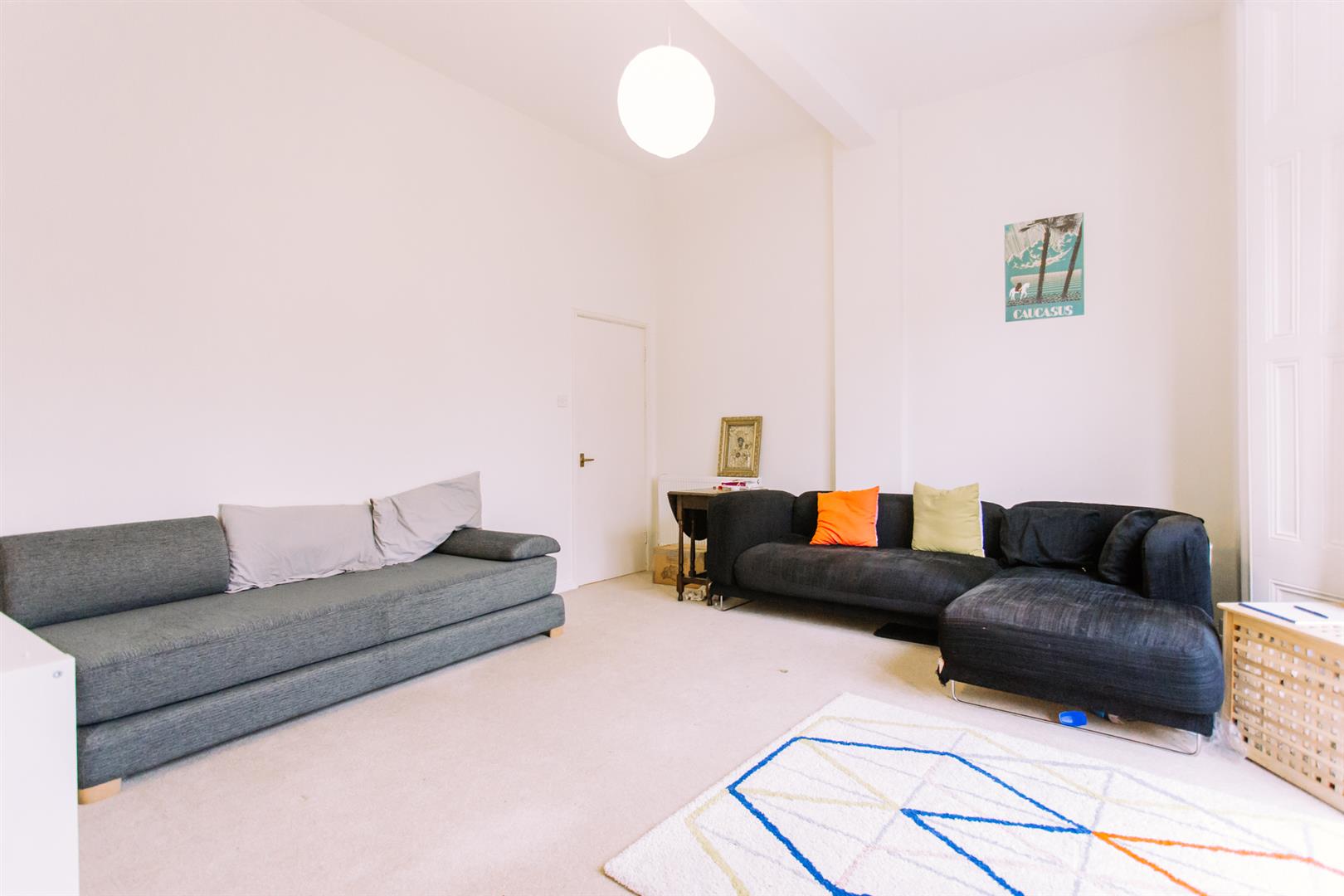Buying a home is one of the most significant decisions you’ll ever make, and if you have children, you’re likely thinking well beyond bricks and mortar. You’re thinking about stability, security and what happens if things go wrong. But while many property guides focus on inheritance, wills, or what happens after death, far fewer tackle the messier middle ground: what happens to the family home when a relationship ends (especially if you’re unmarried) and how to make sure it ends up protecting your children. Let’s take a closer look, using a real-life scenario.

A Case Study: When the Break-Up Isn’t the End of the Fight
In a recent post on the MoneySavingExpert forums, a mother shared her experience after splitting from her partner. They had purchased a home together several years earlier – a house bought with her inheritance, in joint names, with one child born during the relationship and another on the way at the time of separation.
“..my brother and his ex-partner (not married), have two children together and have been living together for close to 15 years in a house they have bought together.”
Now, years later, her ex wants to sell the house and take his share – even though he hasn’t contributed to the mortgage since leaving. Understandably, she wants to keep the house for her children, who have lived there their whole lives. But without legal agreements in place, her options are limited. This is where preparation matters – and where so many people are caught off guard.
Why This Happens: Joint Ownership Without Legal Protection
This situation isn’t rare. More couples than ever buy homes together without marrying, particularly in North London where property prices push many into cohabitation rather than legal commitment. But when it comes to property, the law doesn’t recognise “common-law” partners. Unless you’re married or in a civil partnership, you do not have the same automatic legal rights.
If both names are on the property title, the law assumes an equal split unless clear evidence or agreements show otherwise. So even if one person paid the deposit or continued to cover the mortgage solo, both may be entitled to half and either party can force a sale. And the child’s welfare? It doesn’t automatically come into the equation unless you go to court.

Step-by-Step: How to Safeguard Your Home for Your Children
The good news? There are concrete steps you can take now to reduce the risk of disputes later – whether you’re buying, living together, or separating.
1. Create a Declaration of Trust
A Declaration of Trust (also called a Deed of Trust) is a legally binding document that sets out how much each party has contributed, who owns what percentage of the property, and what happens if the relationship ends. This is especially important if one partner has paid a larger deposit or continues to cover the mortgage. If your goal is for your share (or the entire property) to eventually benefit your children, a trust deed can also outline this for example, by preventing the property from being sold until the children turn 18, or ensuring equity is ring-fenced for them.
2. Make a Will
This may seem obvious, but many parents don’t formalise their wishes in writing. If you pass away without a will, the rules of intestacy apply; and for unmarried couples, this can mean the property goes to a different relative altogether. A well-drafted will can make clear that your share of the home is to be held in trust for your children, preventing unwanted disputes down the line.
3. Seek a Court Order Under Schedule 1 of the Children Act 1989
If you’ve already separated and want to remain in the family home for your children’s benefit, you can apply for a Schedule 1 Order. This allows the court to transfer or delay the sale of a property where a child’s welfare depends on it. In the MoneySavingExpert example, the mother could apply for an order that allows her and the children to remain in the home until they reach a certain age – even if her ex-partner is still entitled to equity. These orders aren’t automatic and require legal input, but they can be vital in safeguarding a stable home for your child after separation.
4. Agree to a Cohabitation Agreement
Before buying together – or even while living together – couples can draw up a cohabitation agreement. This sets out who pays for what, who owns what, and what happens if the relationship ends. It can also contain specific clauses about the children’s future in the home. Think of it as a pre-nup for property.
5. Talk to a Family or Property Lawyer
Navigating post-breakup property disputes is complex, and emotionally charged. A solicitor can help you understand your rights, negotiate with your ex-partner, and protect your child’s interests. Many solicitors now offer fixed-fee consultations and sliding scale services for family cases.
What If You’ve Already Bought the House?
If you’re reading this and already own your home with a partner – especially if you’re not married – it’s not too late. You can still create a Declaration of Trust or a cohabitation agreement, and you can update your will at any time. The key is to act now, rather than when things go wrong. Disputes over property don’t just create financial stress – they affect children, stability, and mental health. Protecting the home means protecting the foundation of your child’s life.

Where Property and Parenting Meet
At Davies and Davies, we work with clients at every stage of life – buying first homes, upsizing with growing families, or selling post-separation. The emotional side of property ownership is real, and so are the legal risks. Break-ups are hard enough. Don’t let your child’s home become a casualty. Plan ahead, get the right paperwork in place, and seek expert advice. Because when the dust settles, the question isn’t who owns the bricks. It’s who gets to feel safe inside them.
Contact us:
mark@daviesdavies.co.uk – Sales Director (contact for sales, lettings and new homes)
katrina@daviesdavies.co.uk – Director of Property & Block Management (contact for property and block management)
Davies & Davies Estate Agents, 85 Stroud Green Road, London, N4 3EG
Article & images by Barefaced Studios
You might also want to read other useful blog articles by clicking here.
Please note that all content contained within our website is for informational purposes only. You should not construe any such information or other material as legal, tax, investment, financial, or other advice. All Content on this site is information of a general nature and does not address the circumstances of any particular individual or entity. We advise seeking professional advice from a legal, financial, or other professional.

For most first-time buyers, the focus naturally falls on two big numbers: the deposit and the mortgage. But once your offer is accepted, a range of additional costs begin to appear – some expected, others less obvious. Understanding these early can make the difference between a smooth purchase and a stressful financial stretch. Our guide breaks down the full picture, helping you plan for the real cost of buying a home in the UK.
Read More...
For many homeowners, the end of a fixed-rate mortgage deal arrives quietly, often marked by a letter from the lender and the realisation that monthly payments may soon increase. Remortgaging is simply the process of switching your existing mortgage to a new deal, either with your current lender or a different one, but the decisions involved can feel complex, particularly if it’s your first time navigating the process. Understanding how remortgaging works, when it makes sense, and how it fits into wider plans such as moving or releasing equity can help you approach the decision with confidence.
Read More...
One of the most common questions we’re asked by homeowners in North London is whether there’s a “best” time of year to put a property on the market. The short answer is: there are stronger and quieter months – but the right timing always depends on your circumstances and your local market. Understanding how buyer behaviour changes throughout the year can help you choose the moment that gives your property the best chance of attracting interest, securing viewings and achieving a successful sale.
Read More...Get in Touch
Opening Times
Mon – Thurs: 0900 – 1815
Fri: 0900 – 1800
Sat: 1000 – 1600
Sun: Appointments by request